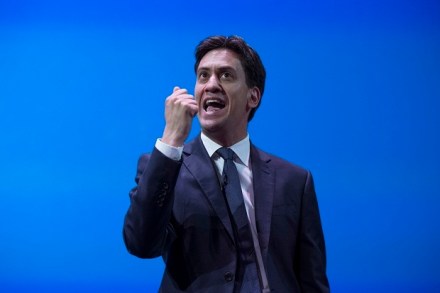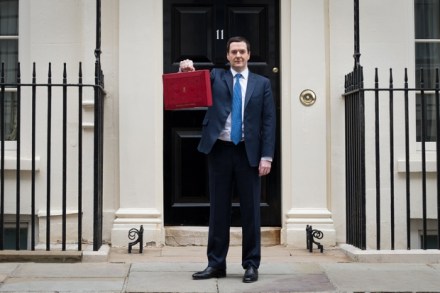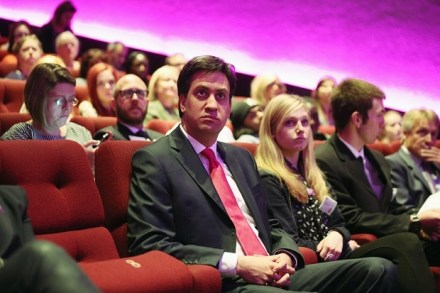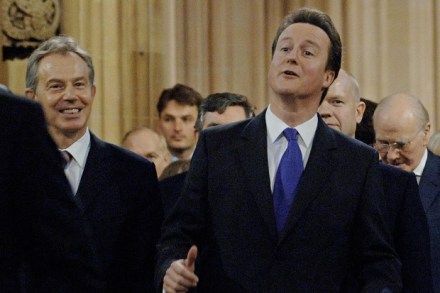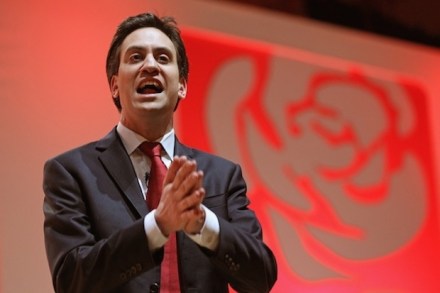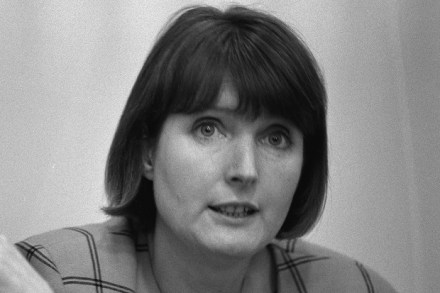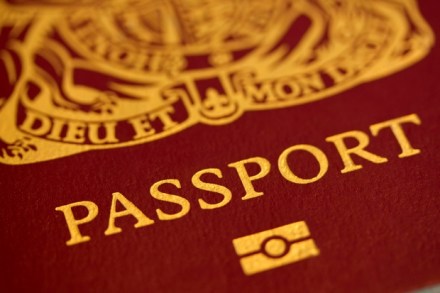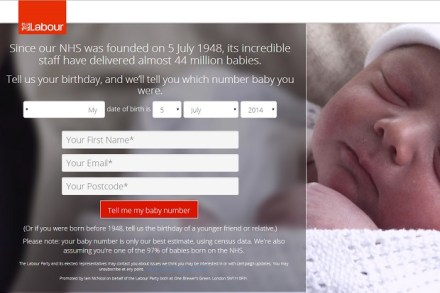Labour wants you to pay more tax. But what about its tax bill?
Westminster has got in a tizz overnight because Andy Burnham has been taped saying that he still favours a ‘death tax’ of 10-15%, on top of 40% inheritance tax, to pay for social care. Burnham concocted a similar plan before the last election, only for Gordon Brown (even dear old Gordon Brown recognised a loser) drop it. Guido has a recording of Burnham’s comments, which were made at the Fabian Society’s Summer Conference in June. Burnham was musing aimlessly, rather than articulating party policy. But, that said, one might easily draw the conclusion from this and other musings, such as Harriet Harman’s views on sports betting and football, that Labour


